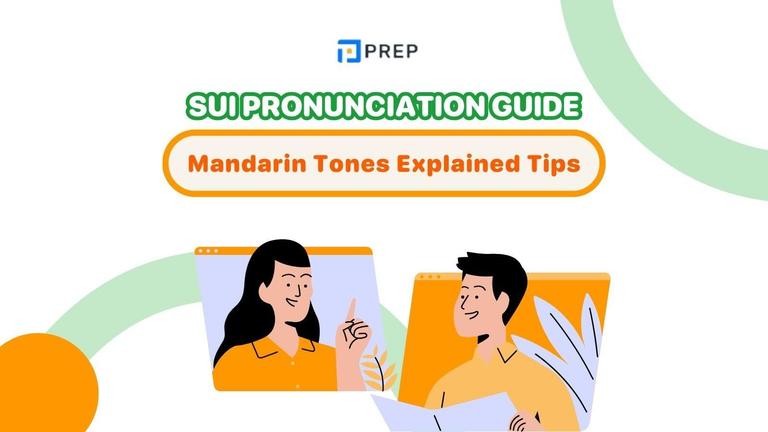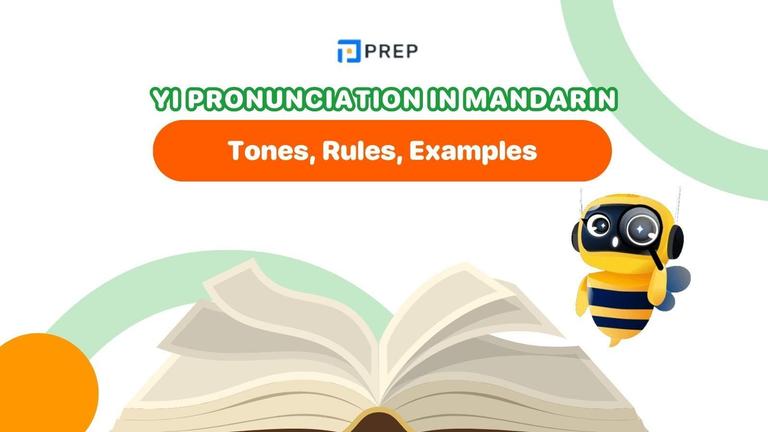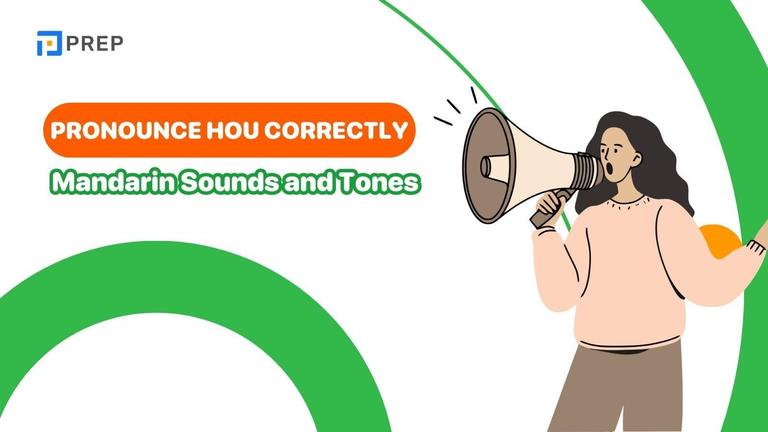The structure and usage of the Double passive voice in English
The double passive voice is an important grammar concept in English. So, what is a double passive voice? How is the formula and structure of the double passive voice formed? Let's dive in and explore in the following article.
- I. What is Double passive voice?
- II. The formula for the Double passive voice in English
- III. Double passive voice rules
- 1. Special passive voice with two objects
- 2. Special passive voice with like, love, hate,...
- 3. Special passive voice with perception verbs
- 4. Special passive voice with "get" or "have"
- 5. Special passive voice with "make" and "let"
- 6. Double passive voice with 7 special verbs (Suggest - Require - Request - Advise - Insist - Demand - Propose)
- 7. Double passive voice with dummy subject "It"
- IV. Double passive voice exercises

I. What is Double passive voice?
Double passive voice is an advanced structure of the regular passive voice. A double passive is a sentence or clause that has two verbs in the passive voice. The second verb is typically in the form of "to be + past participle".
Here are Double passive voice examples:
-
The project is believed to have been completed by now.
-
The report was expected to be submitted last week.
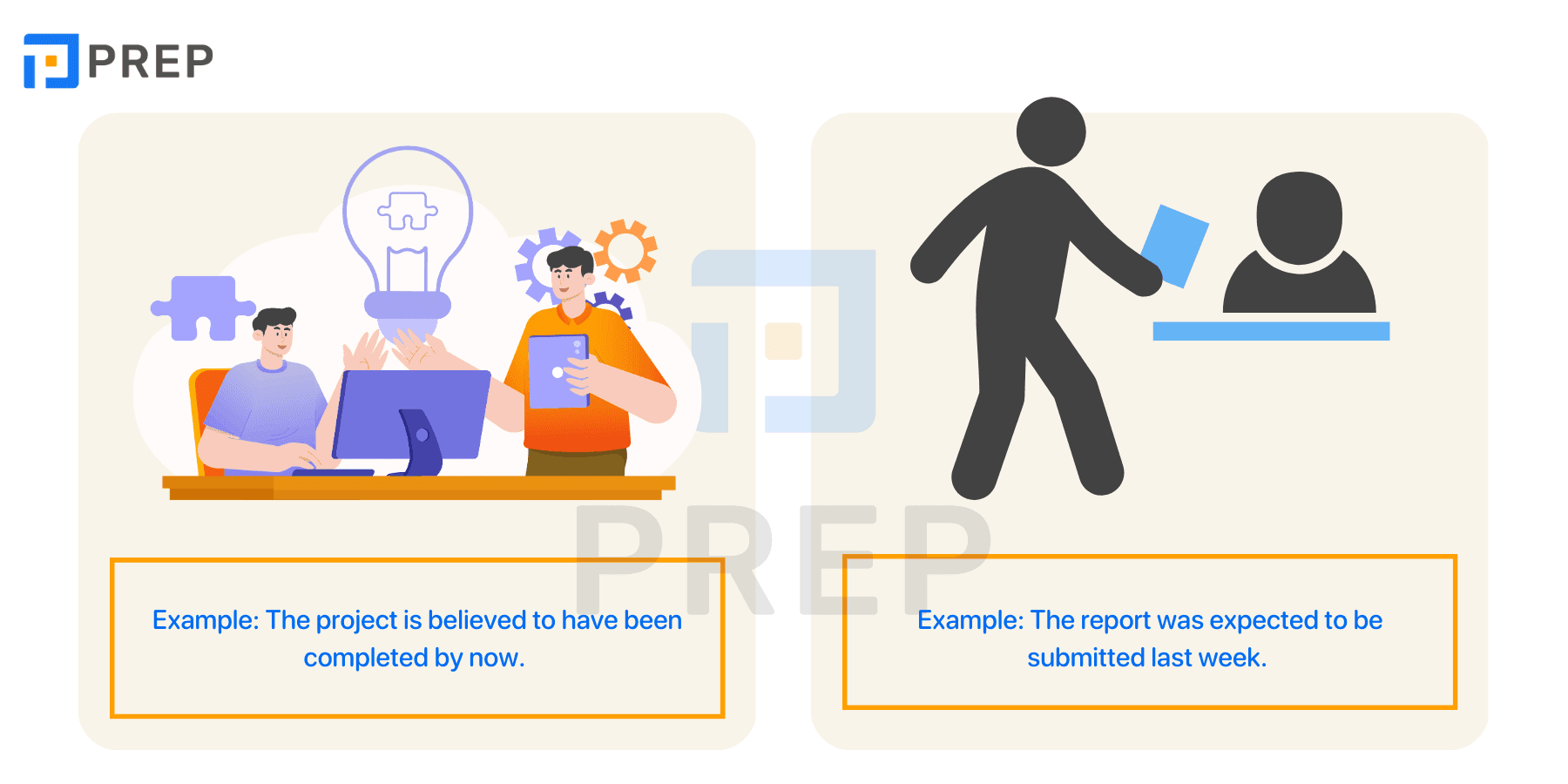
II. The formula for the Double passive voice in English
Let's explore the formula for the double passive voice in English below!
1. Double passive voice within the same clause
|
Structure 1 |
Subject + tobe + past participle + to be + past participle |
The building was expected to be pulled down last year. |
|
Structure 2 |
Subject + to be + past participle + and + past participle |
The children were fed and taken to school by my grandma. |
2. Double passive voice in separate clauses
|
Structure 1 |
The first verb in the active sentence is in the simple present or simple future tense:
When the second verb in the active sentence is in the present tense:
|
They think that Jane is the most hard-working student in the class. -> It is thought that Jane is the most hard-working student in the class. -> Jane is thought to be the most hard-working student in the class. |
|
Structure 2 |
When the second verb in the active sentence is in the present perfect tense:
|
Jane believes that someone has broken into her house. -> Jane’s house is believed to have been broken into. |
|
Structure 3 |
The first verb in the active sentence is in the past simple or past perfect tense:
|
They reported that lightning struck/ had struck the house. -> It was reported that lightning struck the house. -> The house was reported to have been struck by lightning. |
III. Double passive voice rules
Below, PREP has compiled and summarized 7 common double passive voice rules for your reference!
1. Special passive voice with two objects
This special passive form with two objects, also known as "double passive with two objects" or "double passive with a two-way object", allows both the direct object and the indirect object to be converted into the subject of the passive sentence. For example:
-
Active voice: Jane gave Mary a book yesterday.
➞ Passive with direct object: Mary was given a book by Jane yesterday.
➞ Passive with indirect object: A book was given to Mary by Jane yesterday.
-
My mother gave me money.
➞ Passive with direct object: I was given money by my mother.
➞ Passive with indirect object: Money was given to me by my mother.
2. Special passive voice with like, love, hate,...
In some special cases, when using verbs like "love", "enjoy", "like", "hate", "mind", etc., we can use a double passive structure with the V-ing form to emphasize that the action is performed by another person or thing, but the use of the passive sentence also depends on the specific context. For example:
-
They don't mind people asking questions during their presentation. ➞ They don't mind questions being asked during their presentation.
-
She hates cleaning the house every day. ➞ She hates the house being cleaned every day.

3. Special passive voice with perception verbs
A special passive form with perception verbs such as "see", "hear", "watch", "notice", etc. However, the use of the passive sentence also depends on the specific context. For example:
-
Emi saw Jack crossing the street. ➞ Jack was seen crossing the street by Emi.
-
The teacher watched the students doing the experiment. ➞ The students were watched doing the experiment.
4. Special passive voice with "get" or "have"
The special passive form with "get" or "have" is often used when the speaker wants to express that a person or thing performs an action at their request or with their help. For example:
-
I got Jackson to clean my room. ➞ I got my room cleaned by Jackson.
-
Jennie had her friend bring some snacks. ➞ Jennie had some snacks brought by her friend.
5. Special passive voice with "make" and "let"
The special passive form with the verbs "make" and "let" is used when someone requires or allows someone else to perform a certain action. For example:
-
The coach makes the players practice for hours every day. ➞ The players are made to practice for hours every day by the coach.
-
They let the kids use the playground after school. ➞ They let the playground be used by the kids after school.
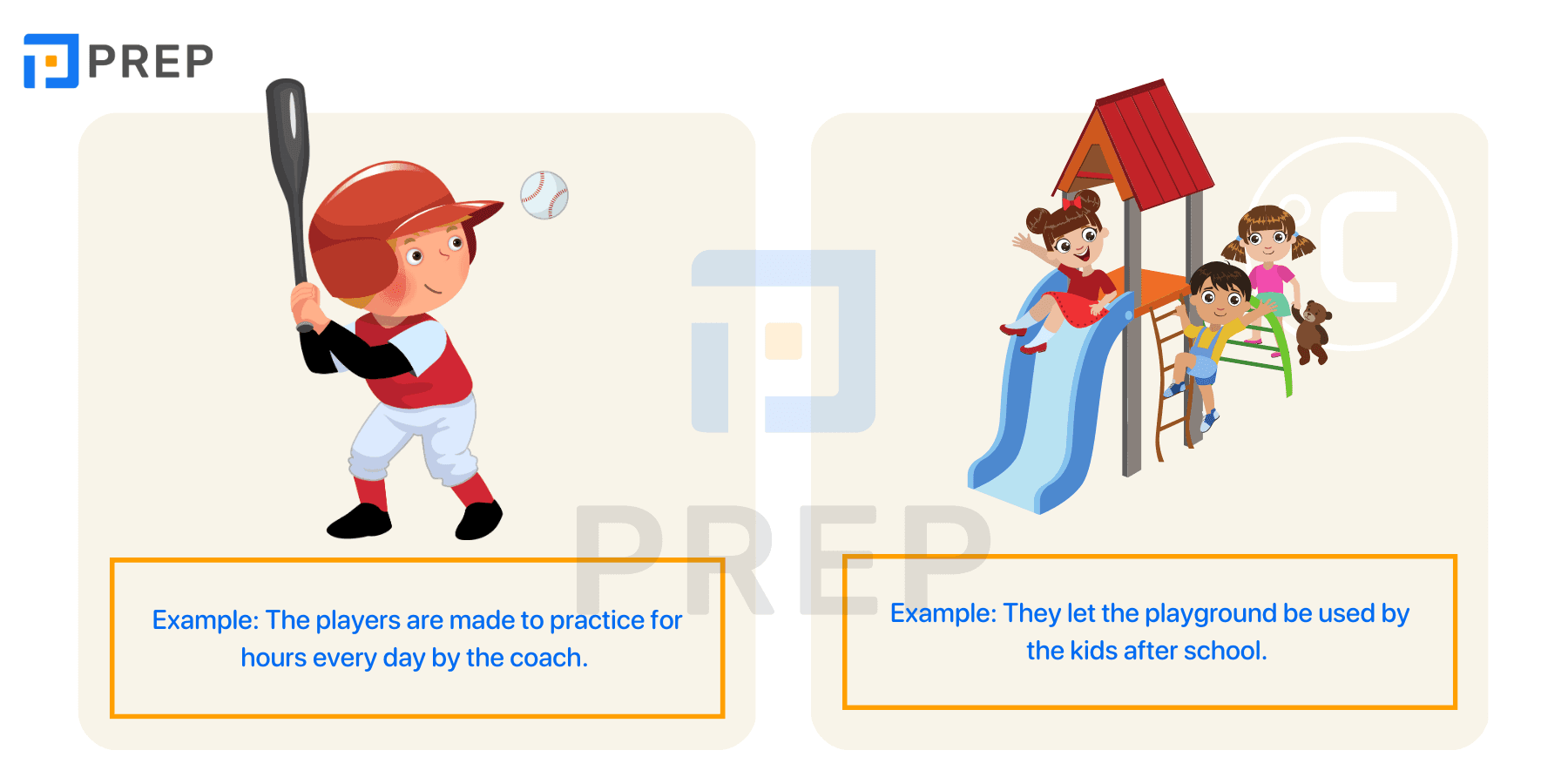
Special passive voice with "make" and "let"
6. Double passive voice with 7 special verbs (Suggest - Require - Request - Advise - Insist - Demand - Propose)
With the 7 special verbs "Suggest, Require, Request, Advise, Insist, Demand, Propose" in the double passive form, we will have examples like this:
-
The government demands that the taxes be paid on time. ➞ It is demanded that the taxes be paid on time by the government.
-
The committee proposed that the budget should be increased. ➞ It was proposed that the budget (should) be increased.
7. Double passive voice with dummy subject "It"
The special passive with the dummy subject "It" is demonstrated through the example below:
-
It is difficult for me to understand this concept. ➞ It is difficult for this concept to be understood.
-
It is important for us to take care of our health. ➞ It is important for our health to be taken care of.
IV. Double passive voice exercises
To better understand the use of the double passive voice, let's PREP complete the exercise section below!
1. Exercise
Exercise 1: Convert the following active sentences to double passive sentences.
-
People say that she is a talented singer.
-
They believe that the company will announce the new product soon.
-
It is reported that he has left the country.
-
People thought that the project would be completed by the end of the year.
-
They expect that the new law will improve the economic situation.
Exercise 2: Choose the correct answer
-
People say that the new policy ______.
-
Revised
-
has revised
-
will be revised
-
to revise
-
-
It is believed that the missing child ______ found.
-
has been
-
will be
-
to be
-
is being
-
-
They expect that the next meeting ______ more productive.
-
will be
-
Is
-
Was
-
to be
-
-
It was thought that the ancient city ______ under the sea.
-
was located
-
Located
-
to locate
-
is located
-
-
People assume that the CEO ______ a bonus.
-
has received
-
Received
-
will be receiving
-
to receive
-
2. Answers
|
Exercise 1 |
Exercise 2 |
|
|
PREP hopes that after reading the article above, you have understood the concept and firmly grasped the formula of the various forms of double passive voice in English. Keep following PREP to get more useful English knowledge updates!

Hi I'm Chloe, and I am currently serving as an Product Content Administrator at Prep Education. With over five years of experience in independent online IELTS study and exam preparation, I am confident in my ability to support learners in achieving their highest possible scores.
Comment
Premium content
View allPersonalized roadmap
Most read





